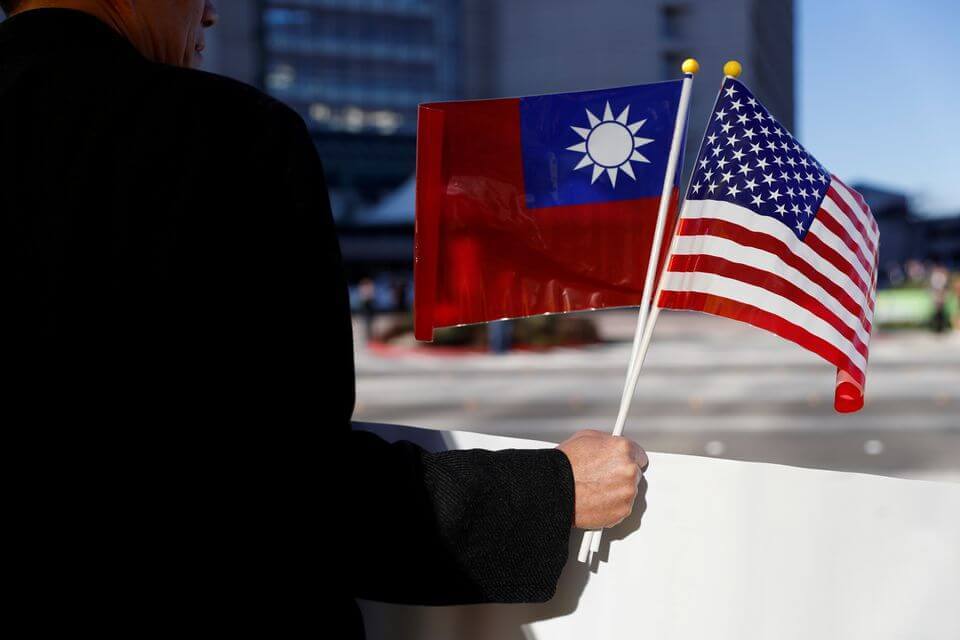On Monday, the United States (US) approved a $100 million deal with Taiwan that was made by former President Donald Trump in 2019. The deal upgrades their existing Patriot Air Defence missile system, bolstering the self-governed island’s security capability that China claims as its own territory.
US Defence Security Cooperation Agency (DSCA), a subsidiary of the Department of Defence, confirmed that it had forwarded relevant paperwork regarding the deal to the Taipei Economic and Cultural Representative Office (TECRO), Taiwan’s de facto embassy in Washington. The DSCA is responsible for providing financial and technical assistance in international military deals.
In a statement, the DSCA said the arms sale represents America’s continuous efforts in helping Taiwan modernise its military, adding that the sale will also “assist in maintaining political stability, military balance, economic and progress in the region.” According to Reuters, American defence giants Raytheon Technologies and Lockheed Martin will be the primary contractors.
Taiwan’s Foreign Ministry welcomed Washington’s approval of the deal and said that it expected the deal to come into effect within a month. Moreover, the Foreign Ministry said the deal will help Taiwan maintain its sovereignty and territorial integrity “in the face of China’s continued military expansion and provocative actions,” adding that Taipei looks forward to continuing its close military partnership with Washington.

America’s deal with Taiwan comes after lawmakers in the US proposed a bill that changes Taiwan’s de facto embassy TECRO’s name to “Taiwan Representative Office,” a move many believe will not go well with China. New Jersey Democrat and chairman of the Senate Foreign Relations Committee Bob Menendez told Reuters that the bill was in line with the Taiwan Relations Act — a law that affirms Washington’s support for Taipei. Moreover, the lower house of the US Congress passed the “America COMPETES Act of 2022” last week that aims to increase America’s competitiveness with China, particularly in the semiconductor manufacturing industry.
Chinese Foreign Ministry spokesperson Zhao Lijian said the passage of the bill “denigrates” China’s development path and foreign policy approach, and accused the US of conducting “hegemonic and bullying practice” by dragging China into an American domestic issue.
Relations between the US and Taiwan have continued to grow stronger as the Biden administration made a pivot to the Indo-Pacific region. In December 2021, America’s $770 billion defence budget allocated $7.1 billion for the Pacific Deterrence Initiative.
Much of the budding relations between the US and Taiwan have come at the cost of angering China. Last December, Beijing said that Washington will pay an “unbearable price” for supporting Taiwan, adding, “Taiwan has no other way forward other than reunification with the mainland.” The US President Joe Biden and his Chinese counterpart Xi Jinping briefly discussed Taiwan during their virtual summit last November.

